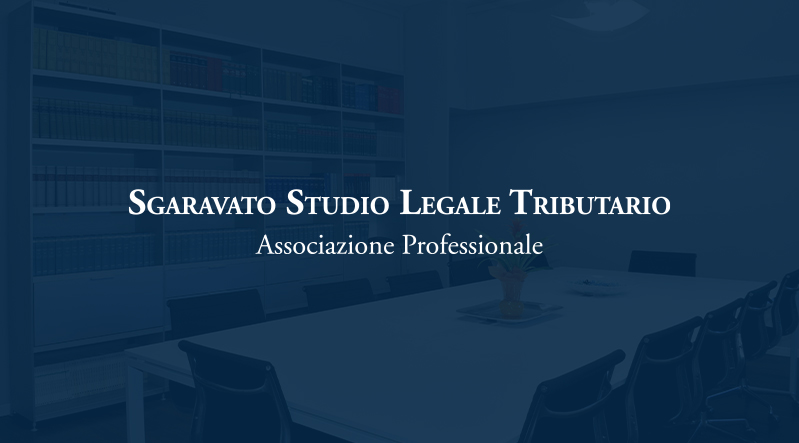
Concurrence in omission by auditors in fraudulent bankruptcy
23 July 2021
Tax exemption
23 July 2021With its response no. 477 of 15/07/2021, the Tax Revenue Office intervened on the subject of hybrid financial instruments and, in particular, on the tax treatment of Venture Loan Agreements, specifying that, from an analysis conducted on contractual clauses, it emerges that Venture Loan Agreements cannot be qualified as an instrument similar to shares pursuant to art. 44, paragraph 2, letter a), of the Consolidated Income Tax Law, in that the remuneration due to the Fund is not (necessarily) factually or quantifiably linked to the financial performance of the requesting company.
Indeed, from the contract, it appears that the payment of principal and interests to the Fund is tied to the existence of “assets and proceeds at the disposal of the borrower other than investment liquidity,” i.e., items that, according to the Tax Revenue Office’s interpretation, are (or could be) other than profits. In other words, the Tax Revenue Office focuses on the fact that the Fund’s right to receive its remuneration is tied to the borrower’s holdings at the date of maturity and not to the fact that the company has made profits allowing it to pay the Loan.
From this statement, the Tax Revenue Office draws a series of consequences which (consistently) entirely reject the interpretative solution proposed by the taxpayer: (1) given that the Loan cannot be considered similar to shares, then the related remuneration is deductible; (2) the deduction must take place in compliance with the accrual principle (i.e. not in the year in which the company will pay the Fund as the company had proposed) and after allocation pursuant to art. 109 of the Consolidated Income Tax Law; (3) the deduction is subject to the restrictions called out in art. 96 of the Consolidated Law on Income Taxes (tax on Gross Operating Income, etc.); and, moreover, (4) should the company have charged the entire accrued financial expense to the Income Statement, but at the expiration of the Loan, the Fund is not entitled to receive full payment (due to the inability to pay the above-mentioned “assets and income”), the company will have to record extraordinary income pursuant to art. 88, paragraph 1, of the Consolidated Income Tax Law, which provides for the taxability of “income earned against expenses, losses or charges deducted or claims recognized in previous years …, as well as any eventual elimination of expenses, losses or charges deducted or other claims recognized in previous years”.
